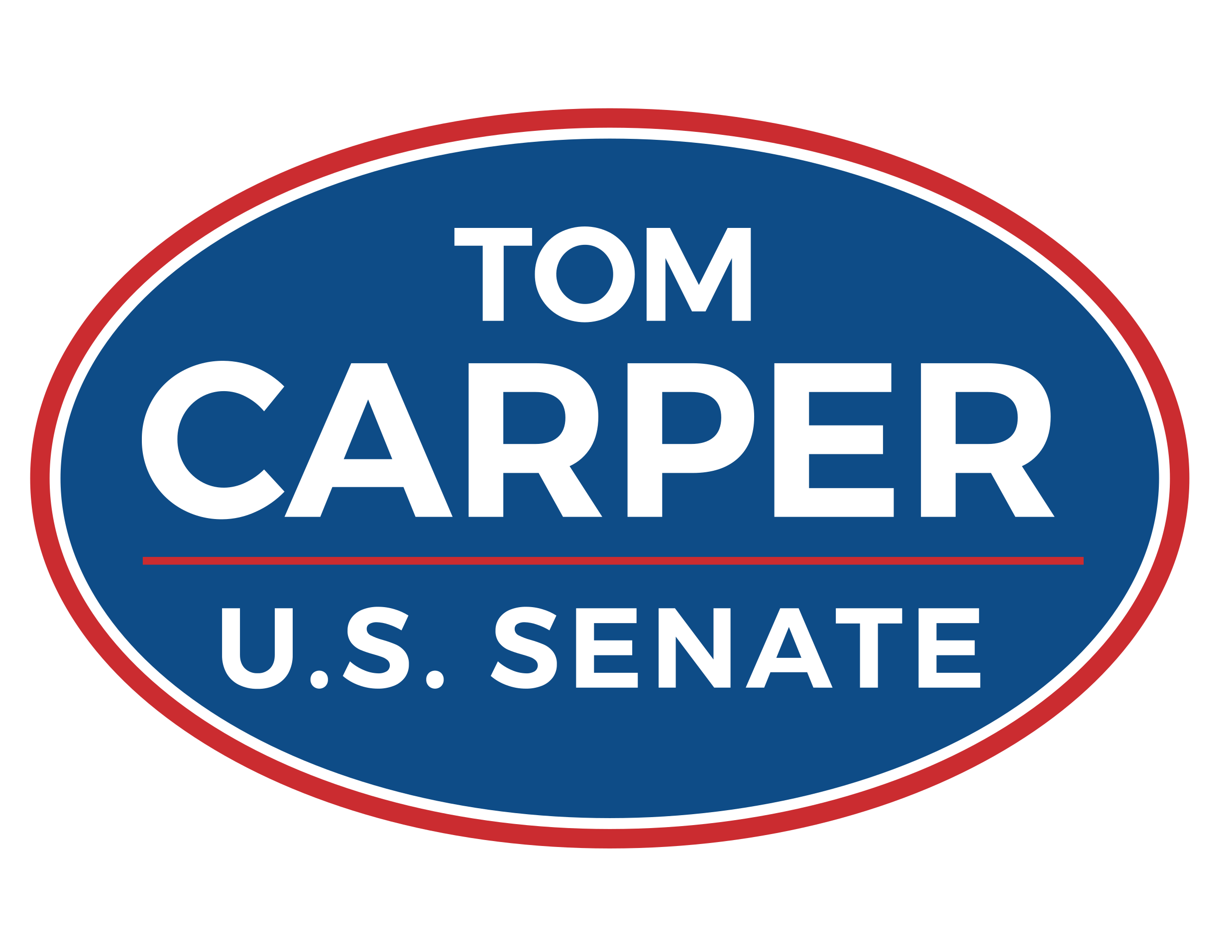Dover Post: Carper asks EPA about weakening environmental rules amid COVID-19 pandemic
Sen. Tom Carper, D-Delaware, top Democrat on the Senate Environment and Public Works Committee, on April 29 asked Environmental Protection Agency Administrator Andrew Wheeler whether the private sector or others in the government are seeking relief from environmental rules that would last beyond the COVID-19 pandemic.
On April 17, EPA finalized an interim rule that provides temporary relief from some air emissions monitoring requirements during the current COVID-19 national emergency, where regulated sources may be experiencing issues of travel, plant access or other safety restrictions.
However, a review of the rulemaking records in the docket indicate that, at one point, EPA proposed that the enforcement relaxations would apply in any national emergency — irrespective of whether the national emergency required social distancing or other measures that would hinder industry from complying with environmental laws.
For context, there are many ongoing national emergencies, including one first imposed by President Jimmy Carter in 1979 related to the Iran hostage crisis that has never been lifted. Given many ongoing national emergencies, this means that the rule, as EPA initially proposed it, would have been made essentially permanent.
“Although the April 17 interim final rule does not on its face raise significant concerns, a review of the materials in the rulemaking docket indicate that EPA originally proposed to make the rule a permanent final rule rather than an interim final rule,” wrote Carper. “EPA also wanted to propose that the amended reporting requirements would apply during all national emergencies rather than just the current COVID-19 pandemic, irrespective of whether ongoing or future national emergencies present similar challenges.
“According to the interagency materials in the docket, this language was removed after some interagency commenters raised concerns that ’the interim final rule does not provide any justification or explanation for why this temporary exemption should be made permanent,” continued Carper. “I would be very concerned if permanent relaxations of environmental requirements were ultimately finalized using COVID-19 as a pretext.”
